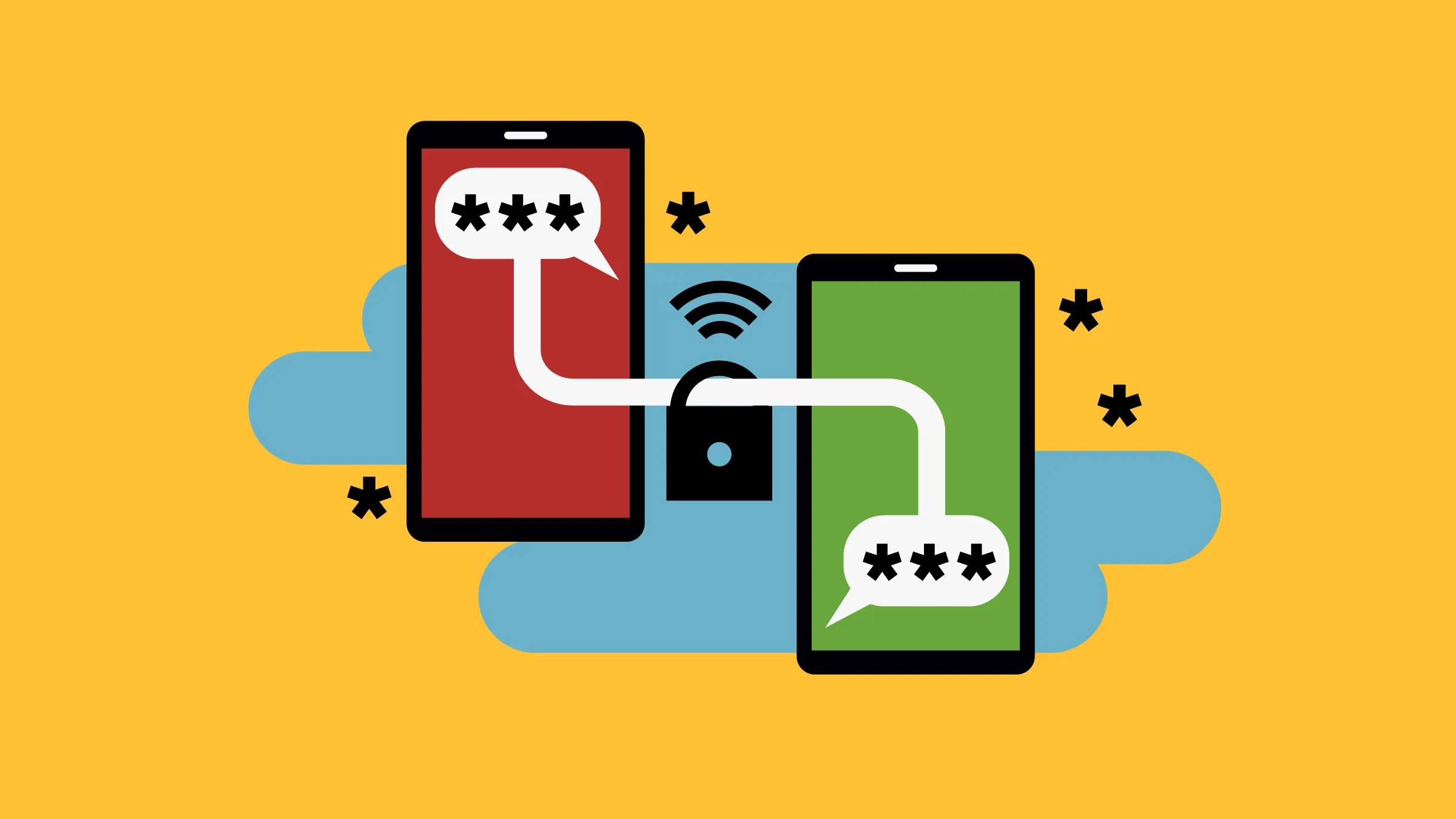Google has recently announced support for the Messaging Layer Security (MLS) end-to-end encryption standard used by big messaging networks, with intentions to incorporate the MLS protocol into Google Messages and Android.
The standardized protocol would enable end-to-end encrypted communications across major messaging platforms possible.
MLS is a protocol developed by the IETF, which stands for the Internet Engineering Task Force. Recent IETF action has allowed RFC 9420, the MLS standard, to be published. According to Google’s announcement, the updated standard for MLS allows for “practical interoperability across services and platforms, scaling to groups of thousands of multi-device users.”
The Mountain View company claims it plans to “build MLS into Google Messages and support its wide deployment across the industry by open sourcing our implementation in the Android codebase.”
This implies that once Google integrates MLS into Google Messages, you’ll be able to safely group chat with others. Your communications to a friend would be encrypted end to end before being delivered via the recipient’s favourite messaging app.
For example, you may send a message using WhatsApp, and the receiver will receive it via Telegram. Also, if someone sends you a Facebook Message, you may read it on Telegram. Likewise, with email, you may communicate with one another regardless of the service or platform that is used.
Read also: comforte and Google Cloud Partner to Deliver Advanced Data Security
Messages would be end-to-end encrypted
According to Google, the company is “strongly supportive of regulatory efforts that require interoperability for large end-to-end messaging platforms.” However, it emphasizes the need for “robust standardization” for interoperability to be successful.
Google maintains that “open, industry-vetted standards, particularly in the area of privacy, security, and end-to-end encryption” are necessary for such interoperability to materialize. Otherwise, capabilities like end-to-end encrypted group chatting and others would be “impossible in practice.” More specifically, “group messages would have to be encrypted and delivered multiple times to cater for every different protocol.”
“Without robust standardization, the result will be a spaghetti of ad hoc middleware, which might reduce security standards to cater to the lowest common denominator and increase implementation costs, especially for smaller providers.”
Google’s AI chatbot, Bard, adds Swahili to its language expansion
Google MLS implementation would be open sourced
The MLS protocol is developed by a standards organization called the Internet Engineering Task Force (IETF). After testing preliminary versions in Webex and RingCentral conversations, the body recently authorized the publishing of the MLS specification (RFC 9420) in March. Enhanced security for group chats is a major issue that MLS might help address.
Google has indicated that it intends to make its MLS implementation available as open source within Android’s codebase, although no specific date has been provided. It also did not clarify how or if the MLS-based encryption will be compatible with RCS messaging, which Google has publicly endorsed for over a year. With more than 800 million Android users, Google continues to humble Apple for its lack of RCS support. It remains to be seen if other digital firms will “get the message” about MLS.
Although Google claims it wants to integrate MLS into Google Messages, it’s unclear how this would affect RCS.




